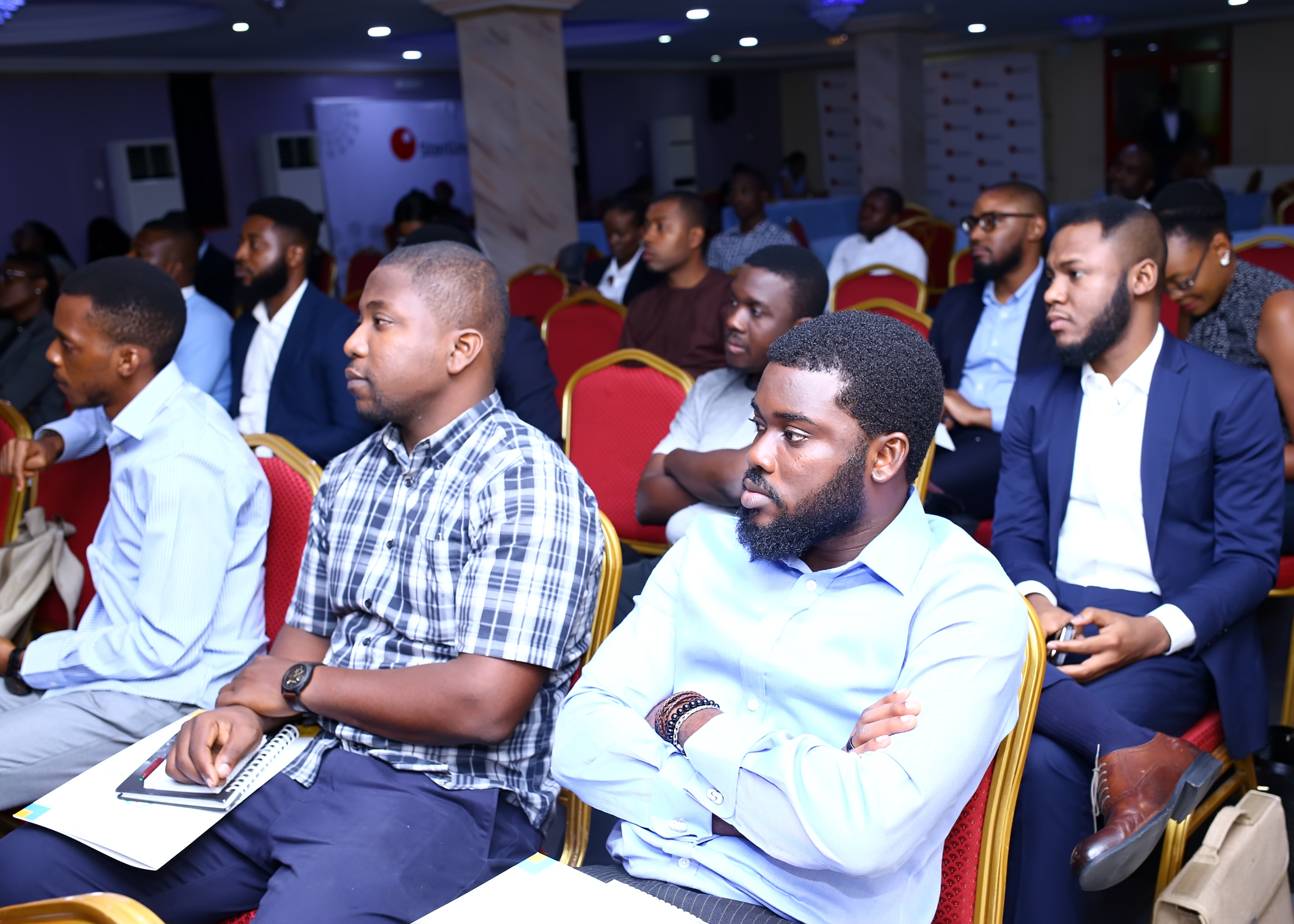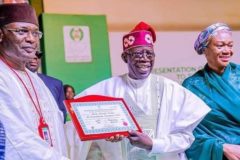Two weeks ago, I tried renewing energy credits online via my bank’s website. I got debited instantly and immediately proceeded to check if power was restored. It wasn’t and I didn’t receive a refund until a week later. Although in the past, I have successfully used the system a few times, the unreliability of the service is a problem for many. At least 30,000 electronic payment transactions fail every day, according to one Nigerian commercial bank.
Nigeria is a nation where its citizens live with limited power daily. Last month, the power supply dropped from 4,000 megawatts to 2,039 megawatts, grossly insufficient for a nation of 180 million people. The power generated dropped due to a shortage of gas supply to power stations. If all the country’s power facilities work to their full capacity, Nigeria could generate about 12,000 megawatts. Egypt which has about half of Nigeria’s population currently has the capacity to generate more than 24,700 MW and 99% of its residents have access to electricity. Nigeria needs about 50,0000 MW to meet its needs according to Obioma Onyi-Ogelle, who teaches energy and natural resources law at the Nnamdi Azikiwe University.
Nigeria’s Largest Power Generating Station, The Egbin Thermal Power Station

While the solution to the energy crisis will include fixing the inefficiencies in each segment of the value chain from generation to distribution, there is a need for solutions that make it easier for consumers to access power. In a number of scenarios, some consumers will never be able to access power without these solutions. If a remote village, for example, is not connected to the power grid and have no access to financial services (whether informal or formal), energy companies will find it difficult to provide them with electricity.
Given its environmental benefits and ability to reach remote populations who are without power, renewable energy holds the best proposition to solve our power crisis. There are of course a number of arguments against the implementation of renewable energy sources, including affordability, however, prices are continuing to drop with flexible payment options increasing. Additionally, renewable energy operators are actively working on resolving other barriers–like payments and collections–to taking clean energy to those outside the grid, who may be excluded financially.
Dan Rosa and Doseke Akporiaye, CEO and Managing Director, Nigeria, respectively, for Oolu Solar, detailed the limitations of Nigeria’s payment infrastructure in rural areas in an interview with TechCabal last September. Mobile money penetration remains very low and most pay-as-you-go solar home systems depend on it to collect payments. The limited payment system also makes it difficult for banks to fund the sector. Some bankers I spoke with from a major Nigerian commercial bank highlighted the risk it poses to potential investments. “We always ask operators how customers will pay and renew their energy credits before we determine if it is a project we can fund,” one of the bankers, who asked not to be named because he wasn’t mandated to speak on behalf of his company, told me. What if technology could help with solving these problems and expand access to energy that is clean and readily available?
Conversations during a renewable energy workshop organized by Clean Technology Hub, highlighted different ways tech solutions and entrepreneurs can enable clean energy access. “Renewables need technology for remote monitoring, interconnection, financing, payment solutions, modelling and system design,” said Faisal Hammed, Senior Associate, Mini-Grid Development at Clean Technology Hub, in his presentation during the event.
Use Cases for Technology in Enabling Access to Renewable Energy
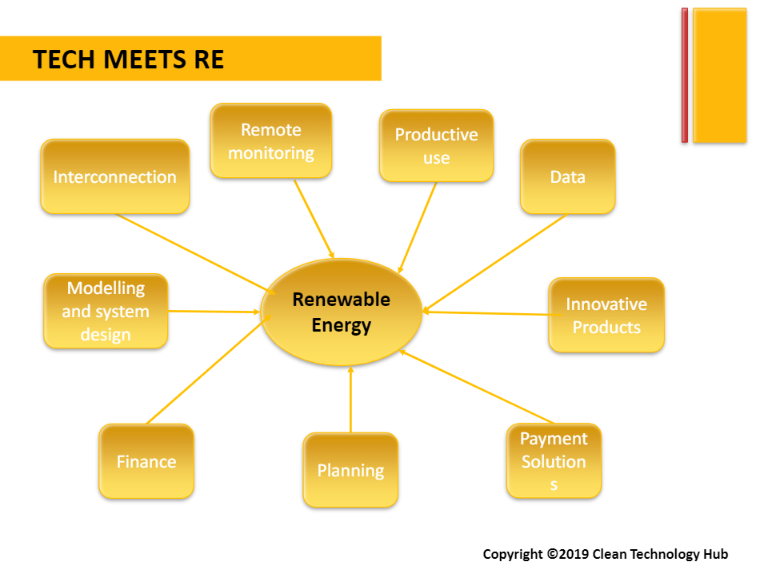
Panelists also shared ways critical issues in the power sector could be solved by technologists. “The unbanked population in Nigeria are often without access to electricity. This presents a huge opportunity for fintech providers to integrate with renewable energy solutions,” said Adedotun Eyinade, Program Manager at Offgrid Energy Market Acceleration Program.
Elaborating on finding solutions, Temilade Sesan, a Lecturer at the University of Ibadan’s Centre for Petroleum, Energy Economics and Law, said, “There’s a need for greater synergy between academia & industry. Nigeria has research centers in renewable energy with output that can be commercialized.”
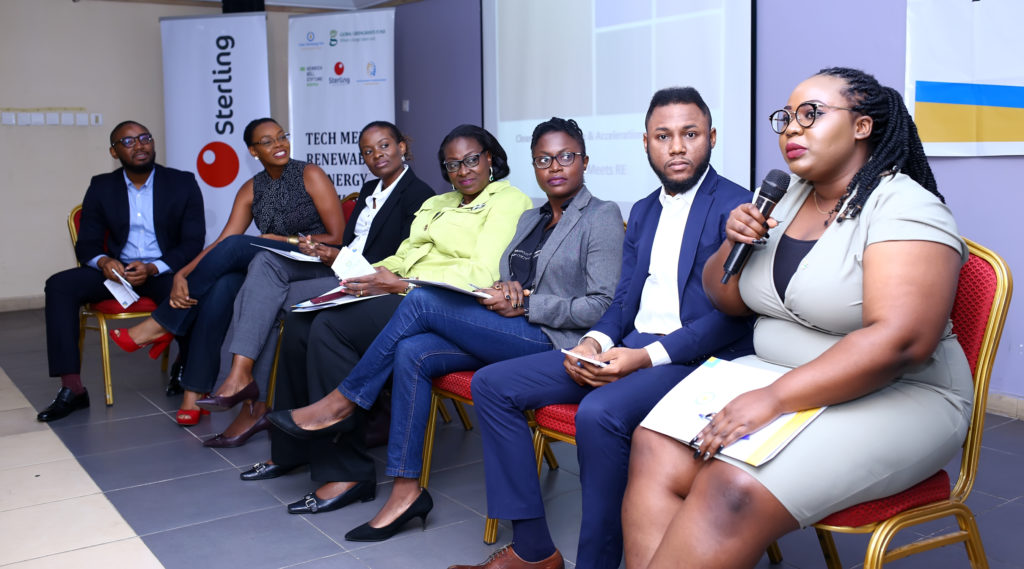
The first panel session at the Tech meets Renewable Energy workshop. L-R: Gozie Okubor – Moderator (Associate, All On Energy), Chidi Uguru (Head of Strategic Partnerships, Big Cabal Media), Teju Abisoye (Acting Executive Secretary, LSTEF), Fayo Williams (Managing Consultant, Simply Exponential), Temilade Sesan (Lecturer, University of Ibadan), Tobi Adesanya (Associate, Persistent Energy) and Mercy Olorunfemi (Business Development, NINE).
Besides payments, the event also noted the opportunity in energy analytics. Since there is little to no transparency in billing, many Nigerians do not know how much power they consume and costs. Energy analytics would be useful in ensuring that Nigerians get value for their money, paying for exactly what they consume.
“Energy analytics can help reduce energy costs through control, measurement and management system,” Oluwatobi Williams, a Data and Energy Analyst, explained. For the energy supplier, smart meters and other remote monitoring solutions can help address the issue of meter tampering which causes them to lose revenue.
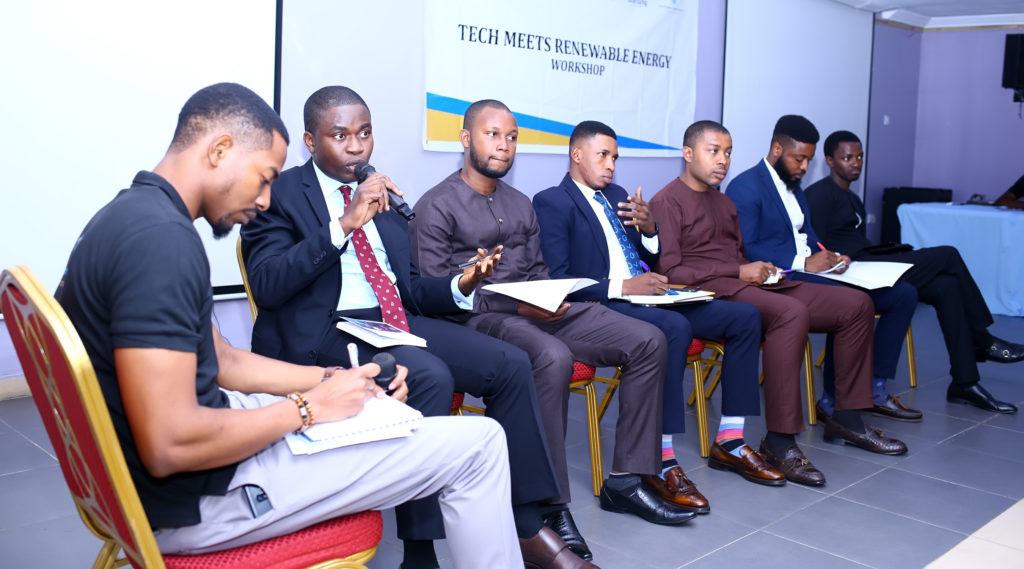
The second panel session at the Tech meets Renewable Energy workshop. L-R: Chibuikem Agbaegbu – Moderator (Market Access Lead, Clean Technology Hub), Adedotun Eyinade (Program Manager, Offgrid Energy Market Acceleration Program), Ifeanyi Odoh (Head, Offer Marketing & Business Development – Schneider Electric), Oyelowo Damilola (General Manager, Climate Finance Advisory Limited), Chuks Umezulora, Tobi Williams and Femi Adeyemo (CEO, Arnegy).
Speakers also pointed out that while Nigeria’s tech community could enable access to clean energy, adoption of renewable energy sources would help meet the country’s need for a more reliable power supply, a key priority and cost driver for entrepreneurs including those in the tech sector.
While fixing the energy crisis is not a task that can be done in a few weeks, tech could help accelerate access to power for more people. Solving issues such as payments, access to consumption data, meter-tampering will remove the barriers to reaching many of the 90 million people who live in rural Nigeria with limited or no access to power.







